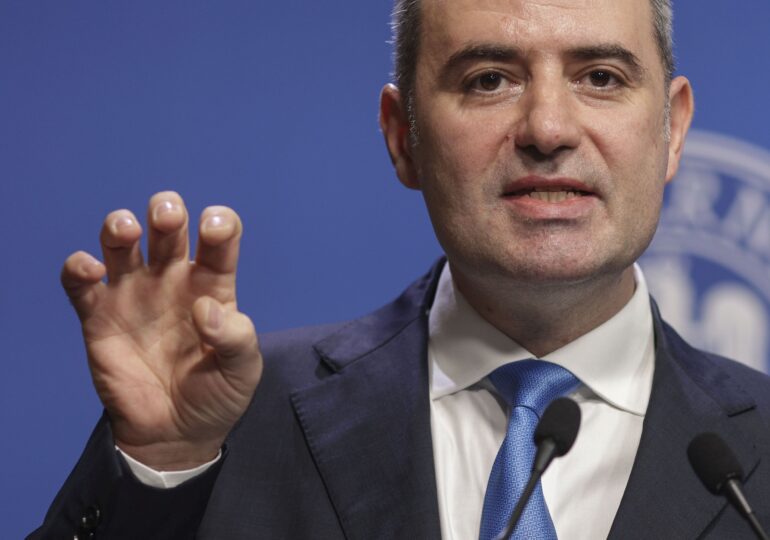- We are changing the philosophy regarding how staggerings are done. We have 3 types of staggerings: simplified staggering, classic staggering, and low fiscal risk staggering. Simplified staggering was adopted during the pandemic, had its effects, but like many other things initiated during the pandemic, it was made permanent. It’s like a kind of quick loan applied to companies, but it doesn’t provide the state with enough measures to recover the amounts when they are not paid.
- We have companies that started with a very small debt, of 100,000 lei, and ended up with tens of millions. And it’s not just one case, there are many cases where these companies have accumulated very large debts.
- And it’s not just about simplified staggering. We will rethink the staggering system, so that we allow honest taxpayers, who really need staggering, to do it, to help them, but at the same time preventing abuses and preventing the abuse of these granted facilities, which unfortunately are visible when we look at the arrears these companies have and the number of debtors. For simplified staggering, we still have 3 billion to recover.
- For the other types of staggerings, whether it’s a company with less than 12 months, we had no security measures at all. A new company goes directly to staggering. These companies will have to provide guarantees. And we have introduced a surety contract for these companies, but also for the other types of staggerings, so that we have sufficient guarantees that we will recover the money.
- Also, the deadlines that these companies had for various types of staggerings, including restructuring, are being reduced. I’ll give you an example, from 180 to 60 days. Because, practically, once they got their staggering, they also staggered their current debts, and from one staggering to another, we ended up with hundreds of millions in debts, companies entering concordat or insolvency, after which the state has to consume resources of all kinds to recover that money.
- The coalition must return to the discussion table. There are ministries that have proposed components of the package, we’re talking about the Ministry of Development, the Ministry of Health, we’re talking about many other ideas that are practically in progress at the moment, but we need the coalition’s decision to be able to move forward with this package, which I sincerely hope we will adopt within the month of August. Just to be able to transmit to Brussels in a timely manner, by mid-September and well before the October Council, that we are consistent in adopting the measures already assumed. Here we are talking about many things that were already assumed through the PNRR and unresolved for years and years.
Questions:
How much money will the state receive as a result of this package?
- 1.3 billion for non-EU packages. For the multinational tax, I expect between 1.7 and 2 billion.
The EU has requested that HORECA also switch to a 21% VAT rate. Will you analyze this option?
- We will analyze the revenues generated by the HORECA sector, present the analysis to the EU, and then make a decision.

